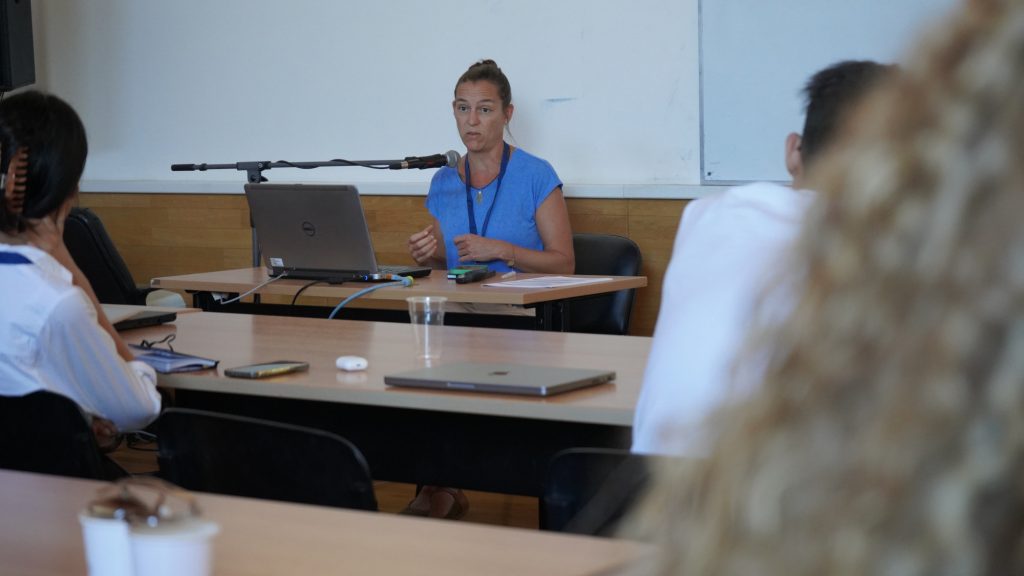
Environmental cost savings through food waste prevention
On 25 September 2024, at the Retaste Conference, LOWINFOOD partner Silvia Scherhaufer (University of Natural Resources and Life Sciences) presented the results of the study carried out to calculate the cost savings related to the reduction of the environmental impact of the LOWINFOOD innovations.
Food production requires the use of resources such as fuel, land, water and raw materials, which have economic and environmental impacts. Reducing food waste through prevention can reduce these impacts, which can also be translated into savings in external costs associated with food that is not wasted.
The LOWINFOOD partners have combined the environmental assessment of food waste prevention actions with a monetary valuation and calculated the total environmental costs based on the methodology recommended by the European Commission. LOWINFOOD innovations related to behaviour change, food redistribution and supply chain efficiency were tested and their impact was assessed.
Among the results obtained, the cost of animal-based food production was highlighted as one of the most environmentally damaging foods. “The more animal-based food that can be prevented from being wasted, the more emissions can be saved, and therefore the more external costs can be saved,” she said.
Share on Facebook Share on Twitter Share on Pinterest